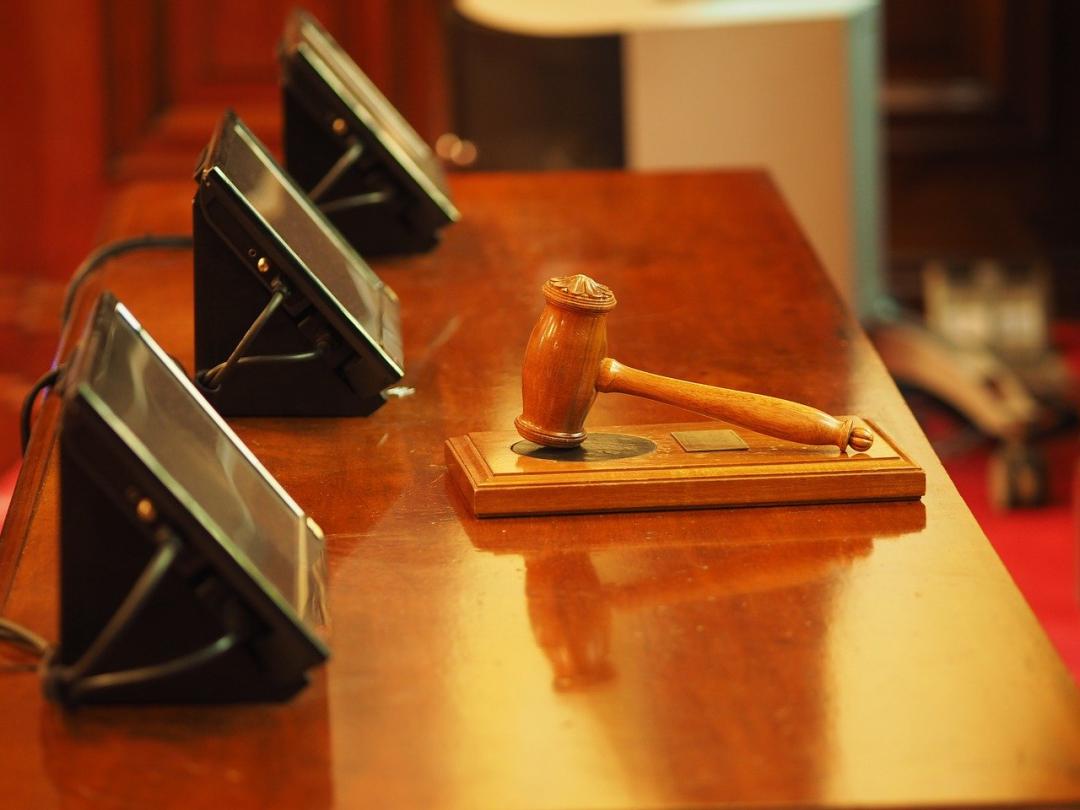
Armenian governmental commission proposes abolishment of Constitutional Court; judge candidates still in consideration

On 23 August, a 15-member Armenian government commission, tasked to propose changes to the Constitutional Court, voted narrowly for a draft amendment that would merge the Constitutional Court with the Court of Cassation, the country’s highest body of criminal and administrative justice.
Daniel Ioannisyan, one of the eight commission members who backed the idea, said that the Supreme Court would make it easier for Armenians to challenge the legality of decisions made by various state bodies with such a merger. He also argued that many Constitutional Court rulings have been ignored by other Armenian courts and that the issue would be addressed. Ioannisyan also said that every Supreme Court ruling would be followed by the lower courts.
Artur Ghambaryan, one of the seven other members who opposed the merger, insisted that the commission majority failed to substantiate the need for such a dramatic change. Other critics, notably supporters of Armenia’s former leadership, claimed that the proposed dissolution of the Constitutional Court is part of the country’s Prime Minister Nikol Pashinyan’s efforts to gain control over the judiciary.
Meanwhile, the search for candidates for the upcoming vacant spots in the Constitutional Court continues. Edgar Shatiryan, an Associate Professor at the department for Constitutional Law at the Yerevan State University, was the newest name to emerge. Shatiryan became known to the public when he was appointed member of the Corruption Prevention Commission last November upon the nomination of the ruling My Step parliamentary faction. However, when later he failed to be elected chairman of the commission, he left the body, considering his further work in it inexpedient.
“The candidate for the post of the judge of the Constitutional Court—whether I or any other entity—must realize that he is taking on a great burden of responsibility because certain processes have taken place around the Constitutional Court in recent months, and I do not rule out that regardless of this selection phase, processes will ensue at the European Court of Human Rights (ECHR),” Shatiryan told the reporters before meeting with the ruling My Step faction. When asked whether events surrounding the Constitutional Court was a completely legal process, Shatiryan said the following: “I have presented such arguments; but it is another question as to for which circles those approaches were acceptable.”
Prior to Shatiryan’s potential candidacy, law Professor Vahram Avetisyan withdrew his candidacy for the spot after he faced criticism from the National Congress party of the country’s former President Levon Ter-Petrosian, human rights activists, lawyers andrelatives of protesters killed during the 2008 post-election unrest in Yerevan. They argued that his father, Davit Avetisyan, upheld prison sentences handed to opposition members and supporters when he served as a senior Court of Cassation judge in 2008-2016. The critics also said that Avetisyan cannot act independently and impartially because he has never publicly condemned Armenia’s former ruling regime and its use of force against protesters who challenged the official results of the February 2008 presidential election.
“One of the main tasks of our state is to establish an independent judiciary staffed with professional judges who administer independent, accountable, predictable justice and enjoy public authority. This is a problem [that] without solving [could leave] the state and the society… no prospects for development. It was my desire to contribute to the solution to these problems that made me accept the nomination to run for the post of a Constitutional Court judge. However, it became clear to me from my meeting with My Step faction members and further discussions that some of the lawmakers’ approaches and ideas on the role of the Constitutional Court, the apolitical nature and independence of a Constitutional Court judge are not in line with my views and in some cases are even unacceptable to me,” wrote Avetisyan on social media upon submitting his withdrawal.
Meanwhile, the opposition-minded Armenian newspaper Hraprak reported over an internal divide within the Constitutional Court. The newspaper wrote that the composition of the court is divided into 3 wings, and they do not have normal relations with each other. “[Former President of the CC] Hrayr Tovmasyan and Arevik Petrosyan do not participate in the sittings, although they were recalled from vacation. All 4 judges actually attending the work are not reconciled with each other. Vahe Grigoryan, who wants to establish his power in the CC, has turned Arman Dilanyan to his side; these are the pro-government judges. In the third wing are the old residents of the CC— the acting CC president Ashot Khachatryan and Hrant Nazaryan, whose relations with the Vahe Grigoryan-Arman Dilanyan couple are tense,” the article stated, adding that dozens of petitions have already accumulated in the court and the situation would stay as this until this Fall.
See Also


Mirzoyan Meets US Deputy Assistant Secretary Joshua Huck

Azerbaijani President Holds Talks with UAE and German Business Delegations on Economic Cooperation

Grigoryan Confirms Armenia’s Readiness to Dissolve OSCE Minsk Group Upon Peace Treaty Signing

Azerbaijani Official Warns of Ecological Risks to Caspian Sea, Similar to Lake Urmia and Aral Sea

